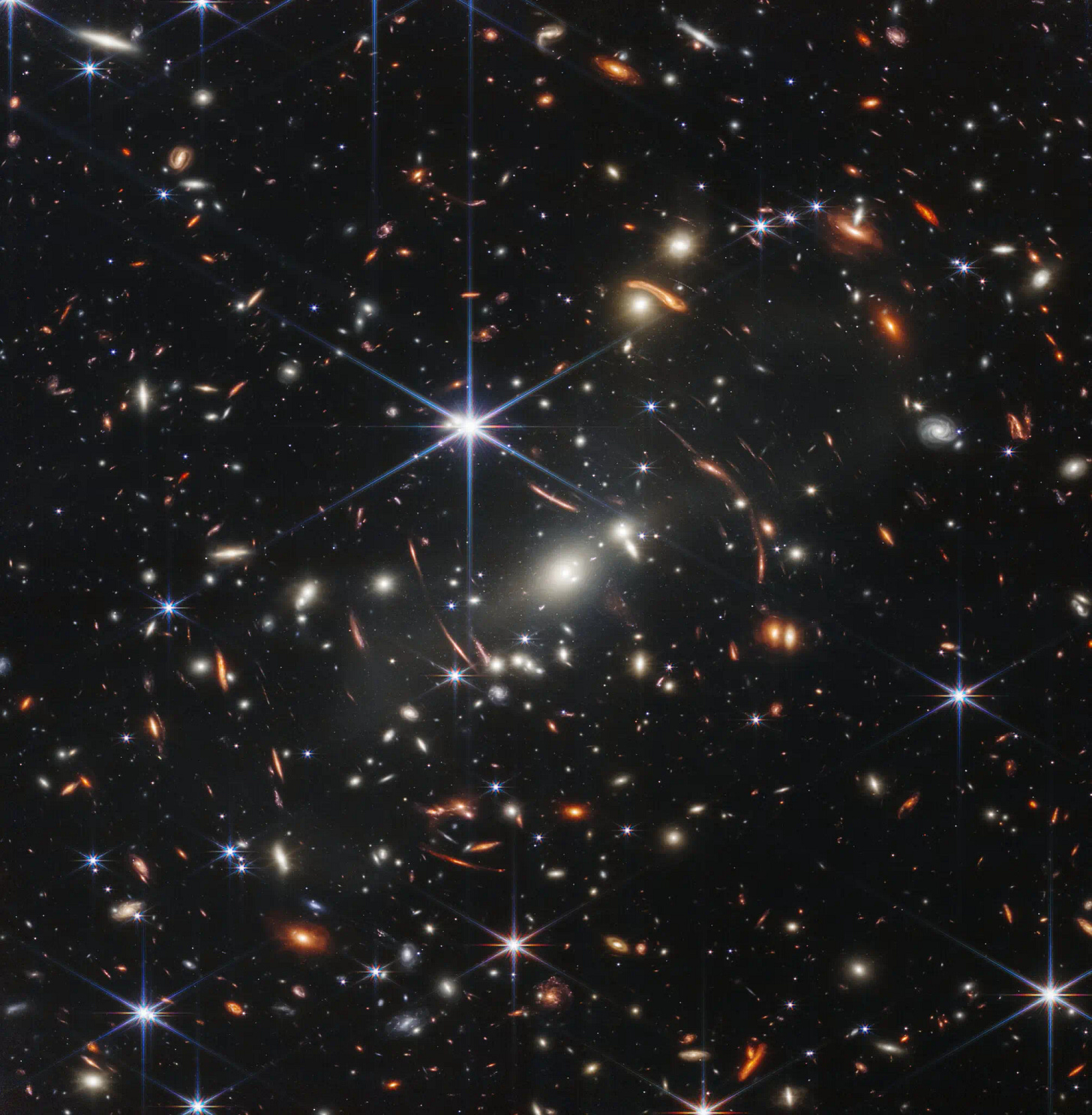The Relationship Between Collapse and Renewal
Riffing on some Michael Meade
I am putting all my energy behind an inner hunch that no government or business or technology will solve the problems facing our world today. Indeed, that nothing outside us will. Instead, only a true evolution catalyzed deep within each human being, revealing us each to our true selves, will save our world from slipping into darkness.
As a storyteller, author, and scholar, Michael Meade comes at the same collapse dilemma from the lens of mythology. In episode 289 of his “Living Myth” podcast entitled “How the World Renews,” he proposes (emphases mine):
One of the reasons we can feel so strongly the fragmentation and polarization on a political level, on an economic level, on a social level, is because we experience that internally on a psychological level. . . .
[That fragmentation and polarization is] part of the collapse of what used to be the world on its way to a renewal of the world. And as human beings capable of being conscious and aware, we are both invited and challenged to be . . . a part of the change, a part of the collapse that leads to the renewal. In a sense, we're witnesses of the collapse and invited to be agents of the change.In order to be part of it, we need this kind of deeper understanding of how the original potentials at the beginning of the world keep trying to re-enter the world and often try to do that through us.
I must interject that a strong case can be made here that those “original potentials” Meade speaks of are epitomized by the archetypes of the planets.
But I digress.
Meade continues:
And then we also have to gather the sense that a different kind of courage is required, not simply the courage of our convictions for that can contribute to the polarization of opposites that grips the daily world. Rather, what is needed is the courage of our imagination, which is considered to be the deepest power of the human soul, and which remains connected to the original potentials of life, but also, in mythological terms, is secretly connected to the Soul of the World.
Our imagination is sacred. By imagining the world we know is possible, we drop in to a field that is stronger than the fragmentation and polarity, that precedes our apparent separateness.
Meade continues:
Back to the idea, that the wholeness that's missing in the world cannot be found through a political process, cannot be created through an agreement of ideas, but must be found in the depths of the individual soul.
That which is happening as fragmentation and polarization in the outside world is being felt inside ourselves. And that which is missing in the outside world has to be found deep within ourselves as well.
What helps you settle deeply within yourself? Meditation? Nature? Creativity? Love?
Meade connects all the dots:
The archetype of Apocalypse is connected to the archetype of wholeness and also to the archetype of creation. And those archetypes have aims. And according to the old traditions, they try to awaken within us and help aim us at the destinies woven into our own souls.
And the way we survive the chaos is to find the cosmos within and live our lives with the courage of our own dreams pulled on by the threads of our inner destiny. And when enough people do that, the deep archetypal energies of apocatastasis, restoration, and renewal, find their ways into the world.
And without anyone having to be heroic or a savior, we assist and aid the archetypal dynamic through which the world falls apart, and then renews, reinstitutes, and restores itself.
As our human existence dangles in a precarious balance right now on planet Earth, I find myself lit up by another concept Meade introduces, that the obstacles we face not only block our collective path toward wholeness, they are our collective path toward wholeness.
Said slightly differently, it is by holding the tension of the opposites we face everywhere now, politically and ideologically, even within our own families, in our own beings, that we potentiate the collective creativity at the center of our own individual selves – the place from which the new world is being birthed.


